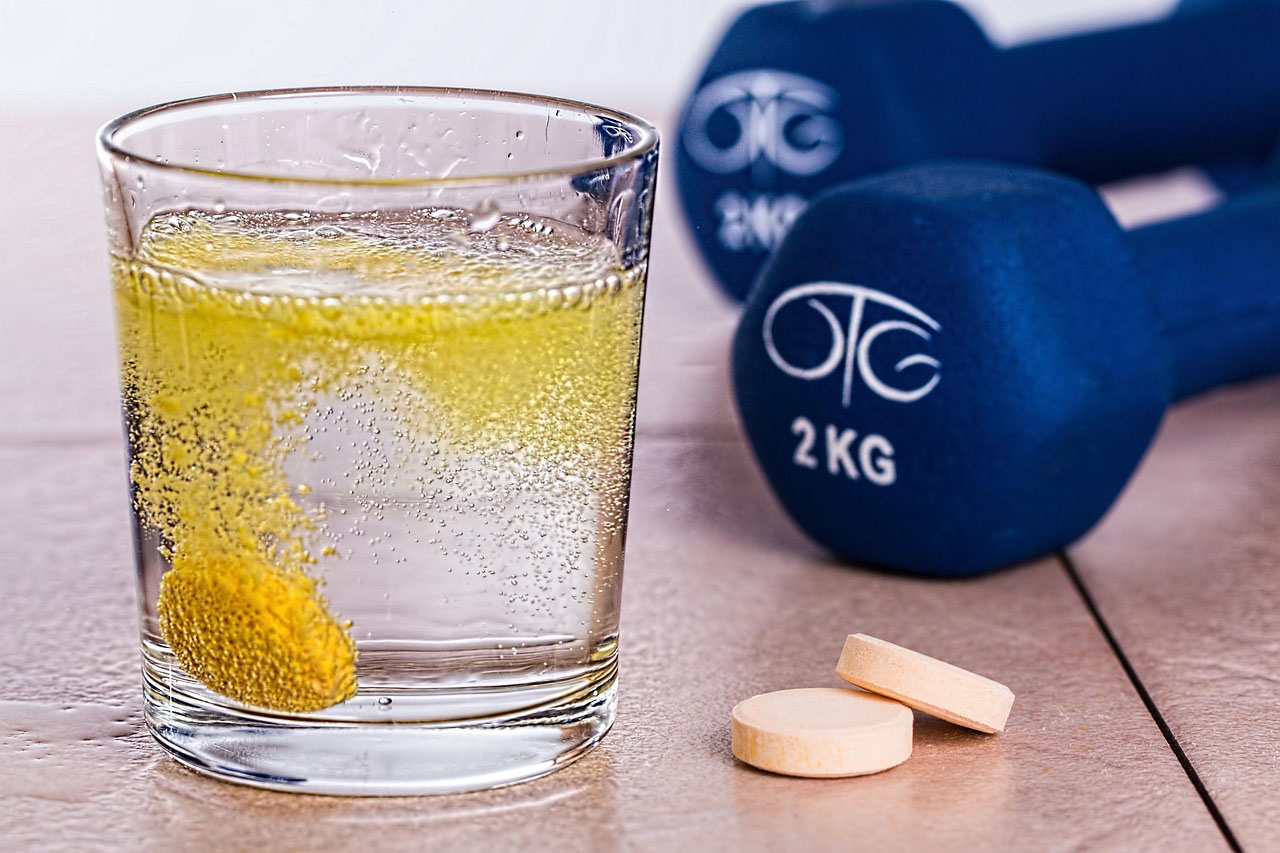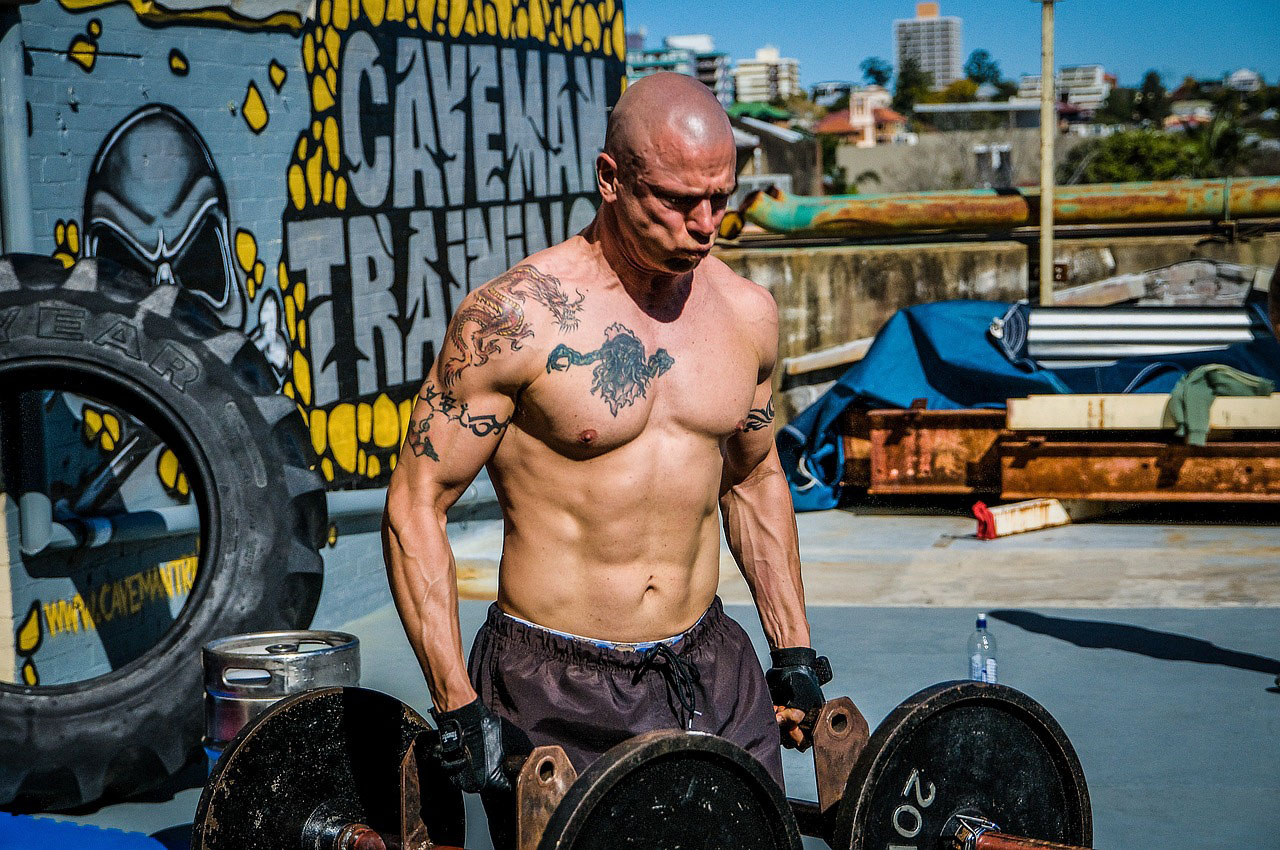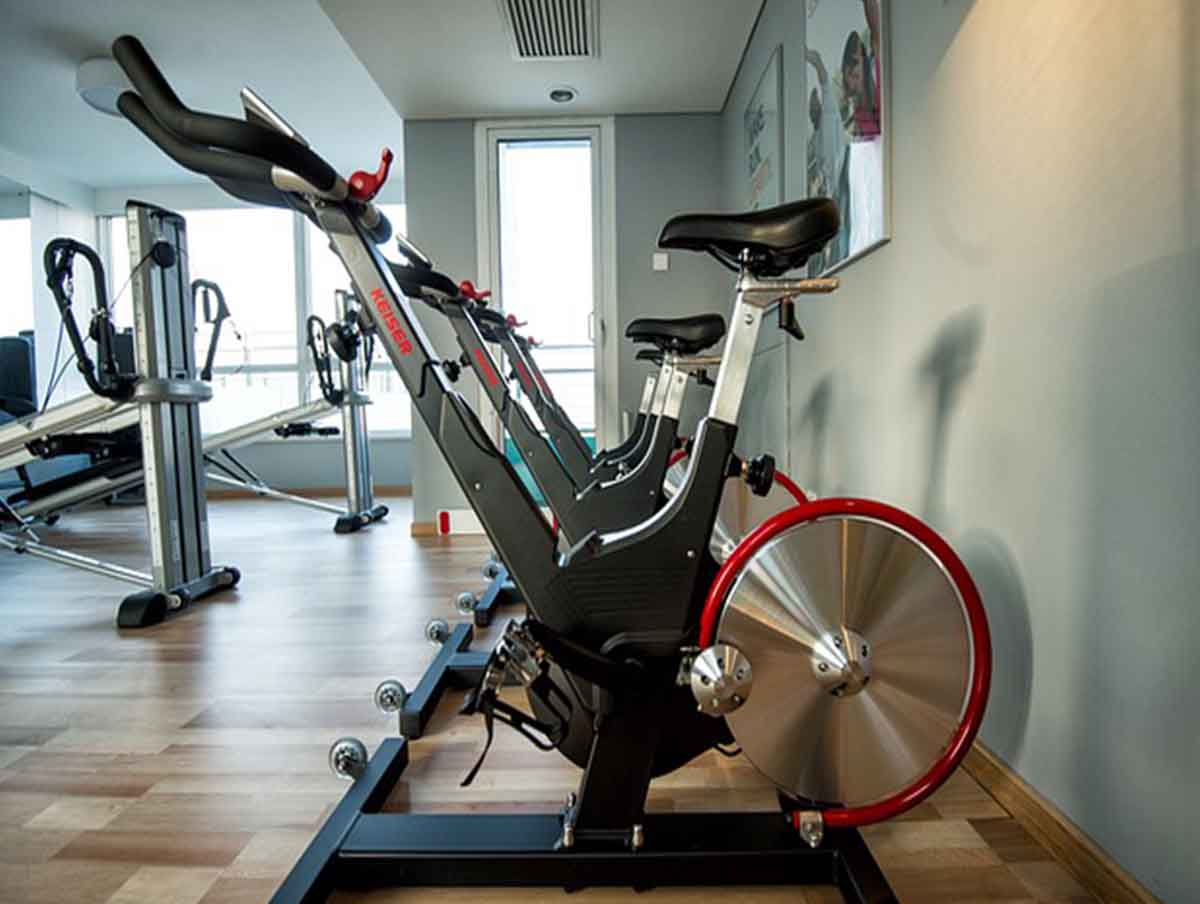Have you been asking what is the role of Nutrition in enhancing your gym performance?
Have you been going to the gym regularly and keeping to your training program but still not seeing the need results? The problem might be what you are eating. Nutrition plays an important role in your getting the right results from your workouts.
Let’s get into how the right nutritional strategies can take your fitness journey to the next level.
Pre-Workout Nutrition: Setting the Right Foundation
What you eat before your workouts can impacts your gym performance. The primary aims of pre-workout nutrition are to:
- To provide adequate energy to carry you through your workout
- To maintain blood glucose levels to sustain performance
- To reduce muscle protein breakdown during exercise
If you need the right results, then you need to consume a meal containing carbohydrates and protein 2 or 3 hours before your workout. Carbohydrates strengthens your muscles, while protein assists in preventing muscle breakdown during exercise.
If you are to train early in the morning or can’t stomach a full meal before exercising, you can go for a smaller snack 30-60 minutes before the time. Here are some snacks you can take in place of meal before your morning exercise.
- A banana with a tablespoon of peanut butter
- Greek yogurt with berries
- A small protein smoothie with fruit
- Rice cakes with a slice of turkey

During Workout Nutrition: Sustaining Your Effort
For most moderate-duration workouts like the ones under 60 minutes, water is enough for hydration. However, for most high intensity exercises or the ones that take longer duration, you can consider:
- Electrolyte replacement to prevent cramping and maintain proper muscle function
- Easily digestible carbohydrates like dextrose or highly branched cyclic dextrin for sustained energy
- Essential amino acids to reduce muscle damage during prolonged training
Even though this is not necessary for everyone, these strategies become increasingly crucial for high level athletes or for you if you are engaging in many daily training sessions.
Post-Workout Nutrition: The Recovery Period
This is the opportunity for you to get started with recovery. Do the following within 30-60 minutes after training:
- Replenish glycogen stores with fast-absorbing carbohydrates
- Supply protein for muscle repair and growth (You can aim for 20-40g depending on your body size)
- Rehydrate with water and electrolytes lost through sweat
Your post-workout meal can be any of the following:
- Grilled chicken breast with sweet potatoes and vegetables
- Salmon with rice and broccoli
- A protein shake with fruit and oats
Macronutrient Considerations for Different Training Goals
For Strength and Power Athletes
If you are aiming mainly for strength development or power this should be your macronutrient consideration:
- Protein: 1.6-2.2g per kg of bodyweight daily
- Carbohydrates: 4-7g per kg of bodyweight daily
- Fats: 0.5-1.5g per kg of bodyweight daily
Higher carbohydrate intake supports the intense nature of strength training while providing the energy needed for maximal efforts.
Endurance Athletes
For those focused on cardiovascular fitness and endurance like Endurance Athletes this should be your macronutrient consideration:
- Protein: 1.2-1.8g per kg of bodyweight daily
- Carbohydrates: 5-10g per kg of bodyweight daily
- Fats: 1-2g per kg of bodyweight daily
For you to engage in Endurance training, you need to take significant carbohydrate to carry you through prolonged sessions.
For Physical Goals
If body composition change is your main objective, this shouldbe your macronutrient consideration:
- Protein: 1.8-2.2g per kg of bodyweight daily
- Carbohydrates: Varies based on whether in surplus or deficit
- Fats: 0.8-1.2g per kg of bodyweight daily
Higher protein intake assists in preserving lean mass during caloric deficits and supports muscle growth during surpluses.
Micronutrients
Micronutrients contributes in your performance too. Here are some of the impacts they make in your performance:
- Vitamin D: Affects the muscle function, recovery, and even strength development
- Iron: Essential for oxygen transport and energy production
- Magnesium: It is important for muscle contraction and recovery
- Zinc: Supports testosterone production and immune function
- B vitamins: Important for energy metabolism
Focus on eating fruits and vegetables to ensure adequate micronutrient intake.
Hydration
Even little dehydration (2% of body weight) can affect your performance. Here are Recommendations for hydration:
- Drink 5-7ml of water per kg of body weight at least 4 hours before you engage in exercise
- During exercise, ensure you replace sweat losses or consume 7-10ml per kg of body weight per hour.
- After exercising, take 125-150% of fluid lost to account for continued losses
- Monitor your urine color ensure it is pale yellow, not colorless (over hydration) or dark (dehydration).

Practical Tips for Nutrition Success
- Plan ahead: Meal preparation on specific days to make sure you get quality nutrition throughout the week.
- Track your intake: You can use a food journal or app to monitor your nutrition until you form healthy habits.
- Focus on whole foods: Add little of processed foods rich in nutrients to your diets, the rest of what you eat should be whole foods.
- Time your nutrition: Align meals with training to have available energy when you want to engage in workouts.
- Stay consistent: Remember that the right nutrition is a daily practice, not just on training days.
Conclusion
Now you understand that performing so well in the gym is not just about following the right workout program, it includes taking the proper meals. By strategically fueling your body before, during, and after training, you provide the building blocks required for performance, recovery, and results. Try out these nutrition strategies to find what works best for your body and your specific fitness goals.
Remember, nutrition works differently for everyone. You can consider consulting with a registered dietitian who specializes in sports nutrition for personalized recommendations that will suit your unique needs and goals.
Editor’s Picks
8 Best Smart Fitness Gyms In USA


